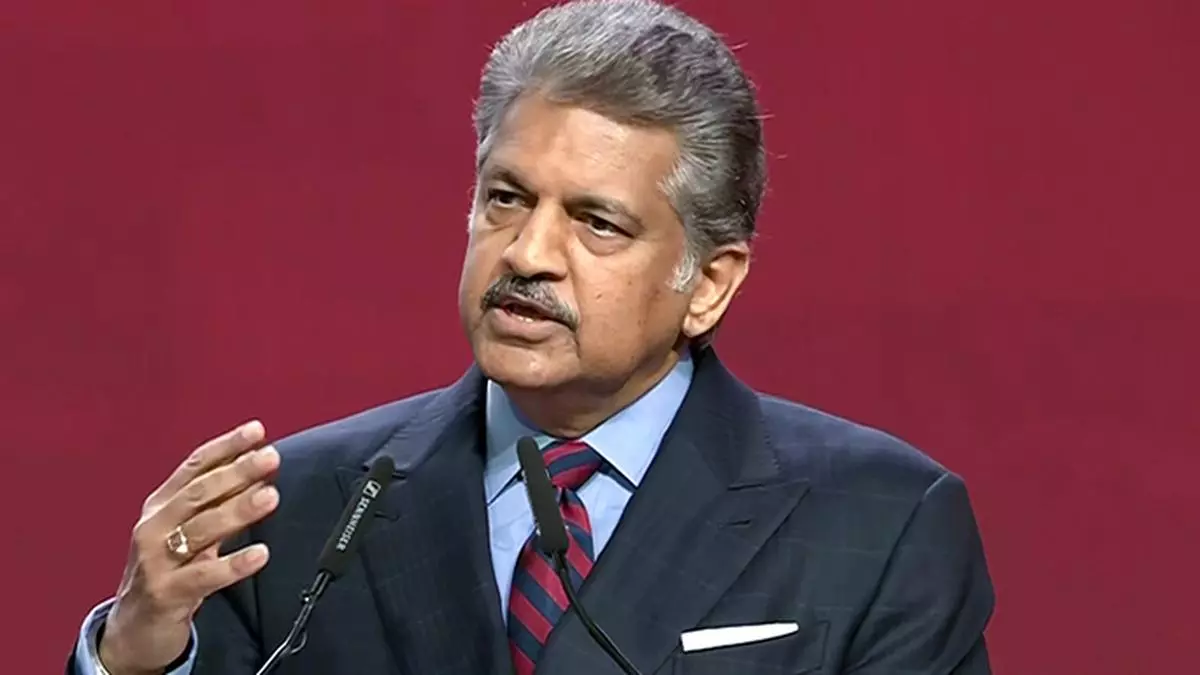Stoic integrity
Amidst the turbulence of India’s 1991 economic crisis, a quiet act of integrity by then Finance Minister Dr. Manmohan Singh became a testament to his unwavering principles. Following the rupee devaluation — a necessary move to stabilize India’s economy — Dr. Singh found his overseas savings significantly bolstered. Without hesitation or fanfare, he wrote a cheque for the accrued gains and deposited it into the Prime Minister’s National Relief Fund.
In an era dominated by optics, Dr. Singh’s legacy remains a rare beacon of humility, intellect, and selfless service. His actions spoke louder than words — redefining leadership for generations.
Rate cut nudge
The Finance Ministry’s latest economic report tactfully highlighted growth concerns without directly criticizing the Reserve Bank of India’s monetary stance. By emphasizing global and structural challenges, the Ministry avoided any overt confrontation with the central bank.
However, the underlying message was unmistakable, according to economic observers. They said: with inflation easing and economic pressures intensifying, an earlier rate cut might have bolstered growth.
While the RBI remains cautious, citing global risks and inflation control, the Ministry’s timing reflects a diplomatic nudge toward policy easing to stimulate the economy.
Market fizz
People who believe that research is the lifeline of stock market investment, need a serious rethink.
Raamdeo Agarwal, co-founder of Motilal Oswal recently said in 1991 he bought the Vysya Bank stock for ₹20 a piece. “I don’t know why I bought it. One of my clients was buying it and told me it was very good,” he said. It rallied to ₹2,000 in one or two years and then started falling to ₹500. “Had no idea why it went up and came down,” he said.
He decided to sell it at ₹500 before it touched ₹20 again. He sent the original share certificate to Bengaluru but it was lost. Finally, he got the duplicate copy after six months and by the time the stock had again rallied to ₹2,000. Finally, he sold it at ₹2,250.
He summed it up: “When God wants to give, you make a lot of money in the stock market”. If only all investors were blessed like Agarwal, the Indian stock market would have become the new Macau of the world.
Revanth speaks his mind
Recently when the representatives of Telugu Film Ministry met the Telangana Chief Minister A Revanth Reddy the tragedy that occurred during Pushpa -2 came up.
Reddy who doesn’t mince words said, “It is my responsibility to enforce the laws. I do not have any personal preferences.”
Further, he said let us all develop the film industry together. Reddy’s government has sought to create a new brand image for the Telugu Film Industry.
Musk’s H-1B war cry
Elon Musk has vowed to “go to war” in defense of the H-1B visa program, a cornerstone for tech innovation in Silicon Valley. Backed by President-elect Donald Trump, Musk argues the program is vital for attracting top global talent to companies like SpaceX and Tesla, keeping America at the forefront of technological advancement.
Trump, dismissing criticisms from his base, called H-1B a “great program” he has long supported. Musk’s bold stance resonates with Indian IT firms, which rely on the visa to access U.S. markets and drive billions in exports. A robust H-1B regime would bolster their growth, enabling more skilled professionals to work with American clients and strengthen ties between the two economies.
This fight for merit-based immigration could redefine U.S. innovation and create ripple effects for global tech hubs, especially India. The battle for talent is heating up.









Leave a Comment